Graham Reid | | 3 min read
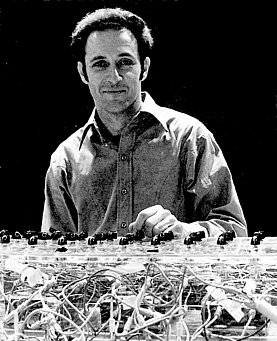
The 1965 recording It's Gonna Rain by the New York composer Steve Reich was one of the most interesting, innovative and important pieces of its era.
At least for Reich.
In San Francisco, Reich had heard a streetcorner preacher Brother Walter in apocalyptic mode warning of another Great Flood to wipe out sinners, and Reich recorded him.
As with Dylan's Hard Rain's Gonna Fall, Reich heard in the words “it's gonna rain” a more metaphorical message and slicing the tape on those few words he looped the parts in different tape players, and cued them up.
The idea was that “it's gonna” would come from one machine and “rain” from the other.
However when he played them back one machine ran slightly faster than the other and so they increasingly went out of synch to create pure, rhythm-driven sound.
The minimalist element was always appealing but here now was a 17-minute piece – with doubled and doubled again overlays, there's an edited three minute sample here – which morphed into something different with an almost self-generating rhythmic and melodic mind of its own.
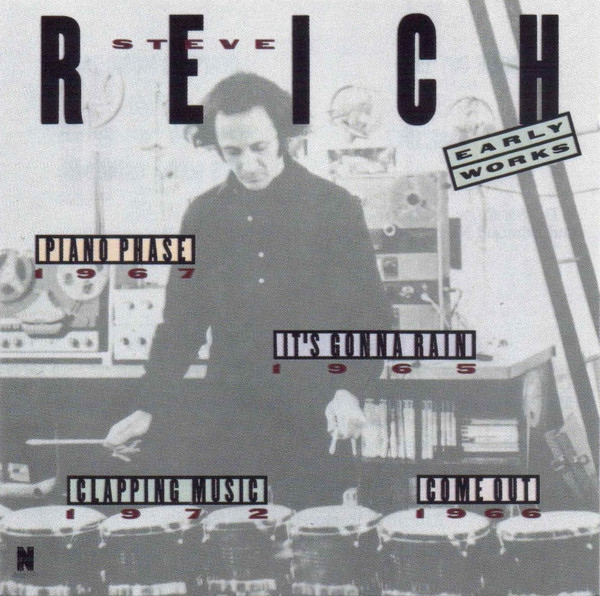 And so Reich was away and into more tape experiments, increasingly coupling them with real instruments and music of his own creation.
And so Reich was away and into more tape experiments, increasingly coupling them with real instruments and music of his own creation.
It's Gonna Rain and other Reich pieces from the period (Come Out, Clapping Music and Piano Phase) appeared on the Nonesuch album Early Works in 1987.
Which brings us rather neatly to this Nonesuch album from two years later and its game of two halves: Different Trains is tape loops and recorded sounds with the Kronos Quartet, the second side Electric Counterpoint is layering, looping and editing of guitar parts by Pat Metheny.
The front and back photos of the album cover neatly parallel each other.
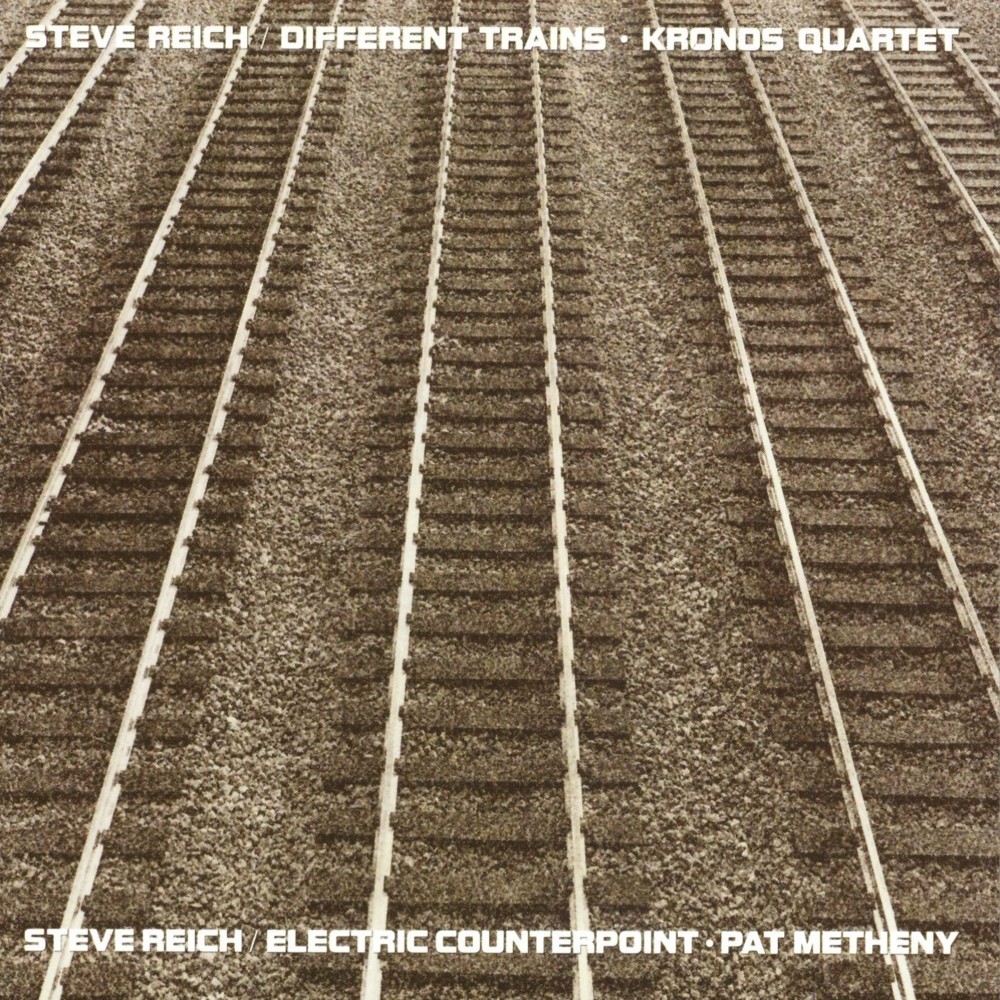 If Reich's work could be filed under “minimalism” alongside Philip Glass, there is a clear if loose distinction to be made between the two: Reich was exploring rhythmic pulses and repetition (which led to more melodic work), Glass explored melodic minimalism which created the rhythm.
If Reich's work could be filed under “minimalism” alongside Philip Glass, there is a clear if loose distinction to be made between the two: Reich was exploring rhythmic pulses and repetition (which led to more melodic work), Glass explored melodic minimalism which created the rhythm.
Or something like that.
Different Trains and Electric Counterpoint were composed and recorded in the late Eighties (Electric Counterpoint a commission by the Brooklyn Academy of Music's Next Wave Festival for Metheny).
As Reich tells it in the liner notes, Different Trains – commissioned for the Kronos Quartet with pre-recorded tapes of Holocaust survivors, train sounds and voices reminiscing about train journeys – was prompted by him as a child travelling on trains between his mother's home in LA and his father's in New York.
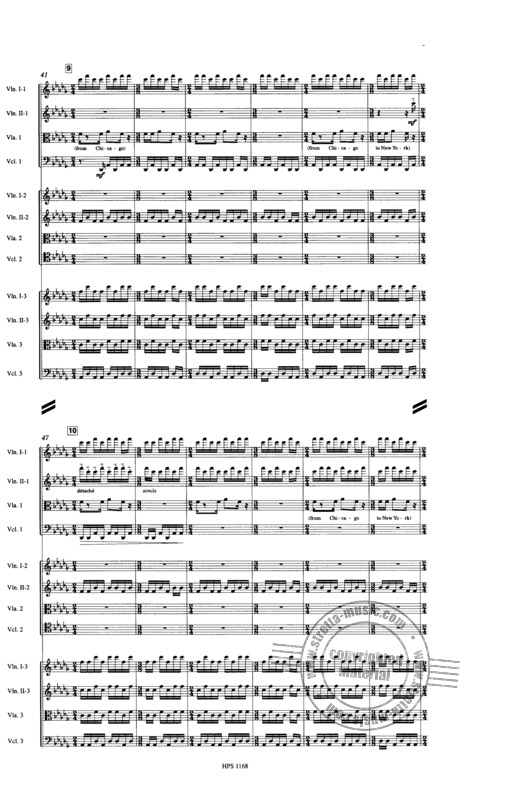 Those journeys happened during the first years of World War II and Reich reflected on how, as a Jew, had he lived in Europe at that time he would have been on very different trains.
Those journeys happened during the first years of World War II and Reich reflected on how, as a Jew, had he lived in Europe at that time he would have been on very different trains.
The piece is in three parts: America, Before the War; Europe, During the War and After the War.
There is an extraordinary tension here due to the taut repetition of the string quartet passages and the howling of train sounds which sound like sirens of alarm in the first two movements.
And during the final section, snatches of survivors voices are cut into a piece which is no less tense through the reminiscences (“There was one girl who had a beautiful voice”) and the snippet of an old Pullman porter talking about the trains (“but today, they're all gone”) is freighted with meaning.
With strings echoing speech patterns and the clacking of the tracks, Different Trains remains a remarkable and moving piece.
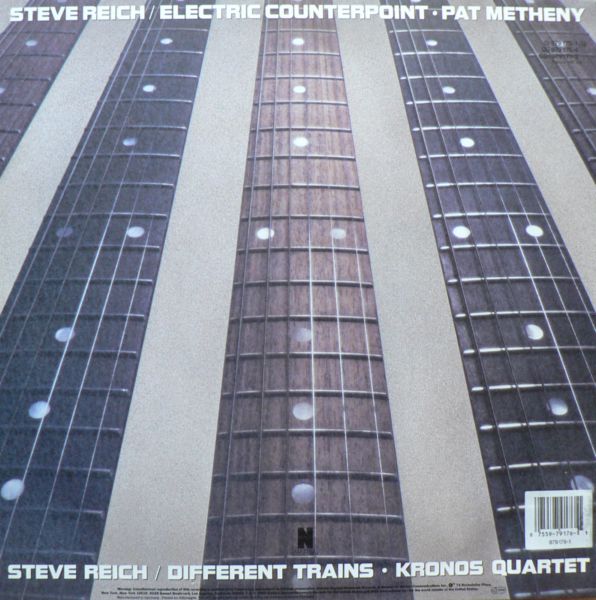 Electric Counterpoint is also in three sections (fast, slow, fast) and is a studio construction where Pat Metheny pre-recorded multiple guitars and electric basses (it isn't a wall of sound however) for a piece which rides gentle, repetitious pulses and overlapping melodies where keys and rhythms change very subtly.
Electric Counterpoint is also in three sections (fast, slow, fast) and is a studio construction where Pat Metheny pre-recorded multiple guitars and electric basses (it isn't a wall of sound however) for a piece which rides gentle, repetitious pulses and overlapping melodies where keys and rhythms change very subtly.
There are some lovely melodic passages here – notably in the second section – which those familiar with Durutti Column, Penguin Cafe Orchestra and certain, reined-in music by Robert Fripp would feel very much at home with.
So the album is a game of two very different halves.
Over the decades Steve Reich has written for percussion ensembles, choral groups, string quartets and orchestras. He has written operas (notably The Cave) and had his music remixed and sampled.
But this album, starting with the more approachable Electric Counterpoint, is a useful entry point into that vast body of work.
And the piece Different Trains is emotionally white-knuckle in places.
.
There are other Steve Reich albums reviewed at Elsewhere starting here and he is interviewed here.
You can hear the original Kronos/Metheny album at Spotify here
.
Elsewhere occasionally revisits albums -- classics sometimes, but more often oddities or overlooked albums by major artists -- and you can find a number of them starting here
.
Here is Different Trains in a recent live recording with the London Contemporary Orchestra


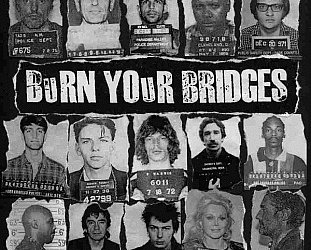
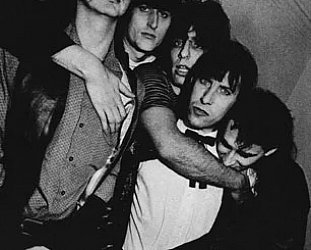


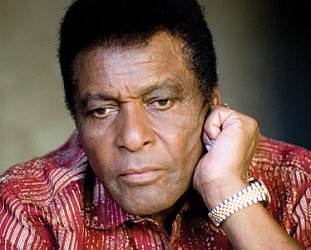
post a comment